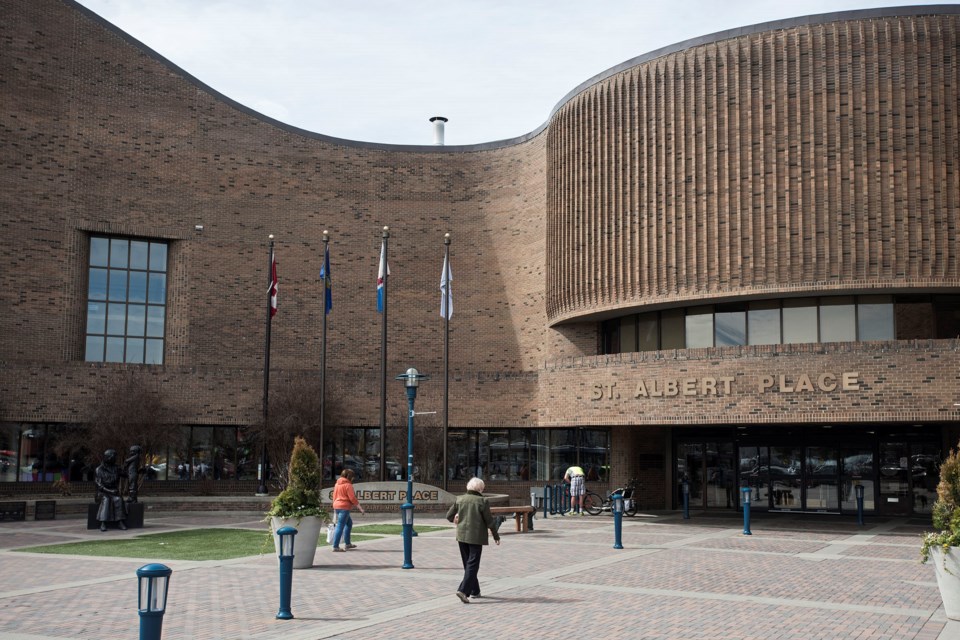St. Albert city council has cleared the way for a 2.9 per cent property tax increase, down from the originally planned increase of 3.6 per cent reported in December 2024.
Council unanimously passed a motion at its April 15 meeting to adjust the municipal and utility budget in advance of the May 6 council meeting.
When the budget was originally approved in December 2024, the net tax requirement was $31 per year per $100,000 assessed property value. The new budget adjustments approved by council bring the tax requirement down to $21 per year per $100,000 assessed property value.
A large driver behind the decrease was St. Albert's growth in 2024. More properties means a larger base to spread out the tax levy, resulting in a decrease in the average municipal tax on a per property basis.
"Don't you love it when your city is growing?" Coun. Wes Brodhead said during the April 15 meeting. He looked ahead at the future and building out the community amenities site.
"I'd rather have that bill paid for by 80,000 people rather than 70,000 people," he said.
In the first draft of the 2025 budget from last year, the tax increase started at 4.5 per cent, before being brought down to a 3.6 per cent increase. Coun. Sheena Hughes said the further decrease to 2.9 per cent is no small thing for families.
"That's a 1.6 per cent tax decrease in spite of having multiple increases to our expenditures," Hughes said. "I honestly feel like this council, especially through this budget, recognized the impact that even small differences make to families."
The adjustments come as the city found revenue and savings from a variety of different sources.
The city's taxable assessment growth increased up to 2.99 per cent in 2024, a $1.27 million increase from the original 2025 budget. Other extra revenue and savings were found from other sources, Suzanne Ruegg told council.
The province's restoration of the Grants in Place of Taxes (GIPOT) program to original levels over two years will result in a $40,000 increase in revenue for 2025. As well, the dissolution of the Edmonton Metropolitan Region Board means the city is no longer required to contribute funds to the board.
Despite the good news for this year, MacKay still has some concerns over what the tax situation will look like next year, with the province increasing the Education Property Tax (EPT) rate around six per cent for St. Albert.
"Even though we got great news this year and we've worked hard to get it to 2.9 [per cent], we're going to have to be recognizing that there could be other problems next year," he said.




